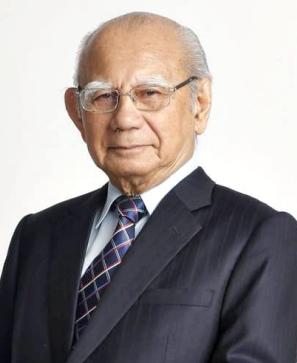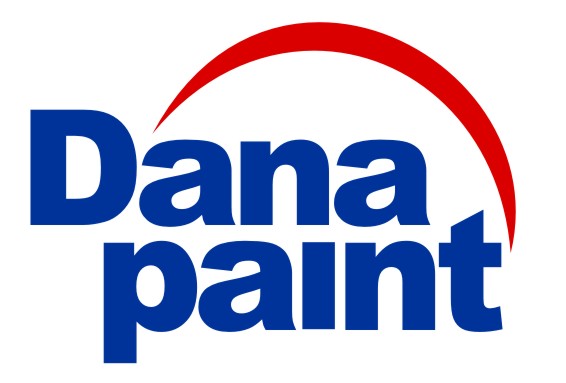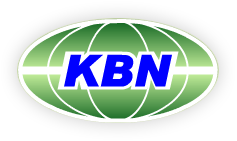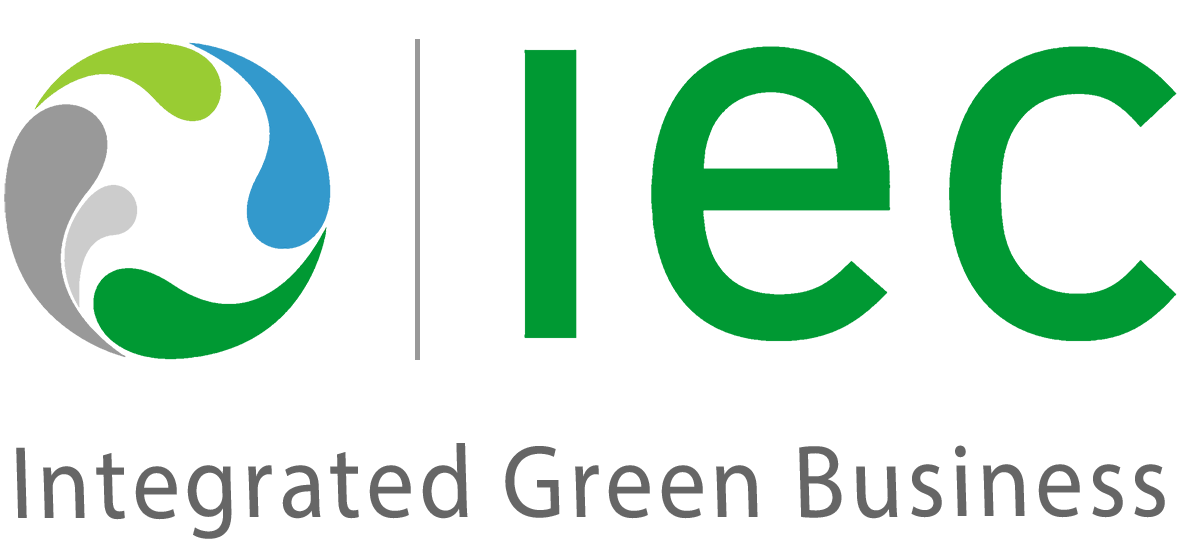Layanan Kami
Konsultansi
Penyusunan program pemenuhan regulasi, standarisasi dan program keberlanjutan perusahaan, melalui layanan Green Consultancy. Layanan konsultansi meliputi: ESIA, Amdal, UKL dan UPL, Green Building, CSR, SDGs, dan Sustainability Report.
Produk & Teknologi
Menyediakan layanan teknologi sitem yang diperlukan dalam penopang kinerja keberlanjutan perusahaan, melalui layanan Green Technology. Produk Green Technology meliputi: WTP, WWTP, dan Solar Panel.
Pendampingan & Fasilitator
Pendampingan pelaksanaan program keberlanjutan perusahaan, melalui layanan Green Facilitator. Layanan ini meliputi Perencanaan, Pelaksanaan, Pemantauan dan Evaluasi terkait program Green Company, Green Building, Program CSR dan Program SDGs.
Pelatihan
Penyiapan Sumber Daya Manusia dalam menopang terwujudnya program-program dan objektif yang diharapkan dalam mewujudkan perusahaan yang berkelanjutan, melalui layanan Green Academy. Layanan ini terdiri dari: 1. Soft Skill Training (Personal Enpowermant and Team Building), 2. Hard Skill Training (ISO 14001, ISO 45001, ISO 26000, dan Training SDGs)
Best of Business Planning and Green Business
Advisors & Specialists
Kami perusahaan pertama dalam pengembangan Integrated Green Business yang berkonsentrasi dalam pengembangan teknik dan teknologi lingkungan, serta manajemen keberlanjutan bisnis, meliput 4 pilar: ekonomi, sosial, lingkungan. dan tata kelola perusahaan untuk memastikan keberlanjutan perusahaan anda.
Tentang IEC
Dunia termasuk dunia bisnis telah berubah. Kini, bisnis tidak cukup menghasilkan keuntungan sesaat. Anda, perusahaan, dan lembaga harus menjadi bagian berharga untuk mendukung sesuatu yang bernilai tinggi. Pelanggan dan investor mengharapkan bisnis berperilaku etis dengan cara memperlakukan manusia dan planet ini dengan arif.
Anda harus membuat cara pandang baru yaitu bisnis yang berorientasi pada keberlanjutan. Keberlanjutan adalah isu yang dihadapi dunia bisnis global saat ini seperti bagaimana perencanaan strategi bisnis utama, cara mengelola lingkungan yang bertanggung jawab, cara mengurangi emisi karbon, analasis siklus hidup, inisiatif pengembangan komunitas termasuk menerapkan keterlibatan seluruh pemangku kepentingan sambil menjaga reputasi perusahaan, semuanya terkait dengan keberlanjutan.
Keberlanjutan yang hadir di organisasi dan perusahaan dikenal dengan Green Business. Konsepnya adalah bisnis yang berorientasi pada keuntungan dan reputasi perusahaan yang berkelanjutan. Perusahaan menjalankan keputusan bisnis dan aktivitasnya tidak semata berdasarkan aspek ekonomi, tetapi juga mempertimbangkan dampak sosial dan lingkungan yang timbul dalam jangka pendek dan jangka panjang. Dengan cara itu keberlanjutan perusahaan dapat lebih dipastikan.
PT Indonesia Environment Consultant (IEC) adalah perusahaan Integrated Green Business pertama di dunia. IEC berkonsentrasi dalam pengembangan teknik, teknologi dan manajemen lingkungan, serta sosial. Layanan terintegrasi yang dimiliki IEC melalui Green Consultant, Green technology, Green Property, dan Green Energy saling menopang satu dengan lainnya. IEC juga memiliki layanan Green Academy untuk pengembangan Sumber Daya Manusia, sebagai energi dan roda penggerak bisnis untuk mewujudkan hasil keempat pilar sehingga tercipta “Performa Terbaik dan Keberlanjutan Bisnis”.
Total Solution
for your Green Business
- Memiliki tenaga ahli yang handal dan professional
- Memiliki pengalaman yang panjang dalam layanan Green Business
- Bekerja dengan efektif dan efisien
- Memiliki jejaring yang luas baik tingkat nasional maupun international
- Memberikan total solusi yang terintegrasi termasuk akses terhadap pembiayaan dalam menjalankan program keberlanjutan perusahaan
Turning around
a reactive pharma
supply chain
Dynamically reinvent market-driven opportunities and ubiquitous interfaces. Energistically fabricate an expanded array of niche markets through robust products.
Cost calculator
No selected calculator
More than 25 Years
of Experience
Pork belly lo-fi hell of fingerstache pug cronut cornhole schlitz lyft.
321
projects complited
27
workers employed
19
awards wining
280
satisfied customers
Berita Kami
-
Kurangi Emisi 30 Persen pada 2030, Ini Strategi Freeport Indonesia
Perusahaan tambang PT Freeport Indonesia atau PTFI berkomitmen untuk mendorong penurunan emisi gas rumah kaca di tahun 2030 mencapai 30 persen. Saat ini, emisi yang dihasilkan Freeport susut sebesar 22 persen, jika dibandingkan dengan tahun 2018. “Jika dibandingkan dengan tahun 2016 penurunan emisi yang berhasil dilakukan Freeport sudah sebesar 26 persen,” kata VP Enviromental PT
-
Safety stories: Embedding a culture of safety, every day
As a graduate engineer at a previous company, Tom Kitching, Senior Consultant in the Mergers & Acquisitions team at ERM, stopped construction work on a project to ensure those completing the work remained safe. Here he shares how this, and other experiences in his early career, gave him the confidence to speak out if something
Testimonials

“The results were clear, professional, and persuasive, and the investors and advisors who have seen the materials loved them. They know what investors want!”
Damian Smulders

We thought a lot before choosing the Financial WordPress Theme because we wanted to sure our investment would yield results. Consulting theme is an invaluable partner.
Cintia Le Corre

We were amazed by how little effort was required on our part to have Consulting WP prepare these materials. We exchanged a few phone calls. Consulting theme is an invaluable partner.
Amanda Seyfried
Komisaris dan CEO

Prof. H. Emil Salim, M.A., Ph.D | Komisaris
Beliau adalah seorang tokoh lingkungan hidup, ekonom, dan mantan Menteri Negara Urusan Kependudukan dan Lingkungan Hidup. Beliau juga pendiri Yayasan Keanekaragaman Hayati yang bergerak di bidang pelestarian lingkungan hidup dan Wahana Lingkungan Hidup Indonesia. Atas dedikasinya, beliau menerima berbagai penghargaan, antara lain The Leader for the Living Planet Award dari WWF dan Blue Planet Prize.

E Kurniawan Padma, S.Si, MT | CEO
Beliau adalah President Director PT Indonesia Environment Consultant, Ketua CDCF Chapter DKI Jakarta dan anggota Komite Ahli CFCD. Saat ini beliau aktif dalam program pengembangan teknik, teknologi dan manajemen lingkungan, serta juri tingkat nasional di bidang CSR/SDGs, seperti Indonesia SDGs Award ISDA, CSR Award, TOP CSR Award, dan TJSL & CSR Award. Sejumlah penghargaan pernah diraih, seperti Asia Pacific Business Excellence Forum, Business Overall Company & Fastes Growing Company.
REQUEST A CALL BACK
Next level keffiyeh small batch, activated charcoal twee pickled swag. Air plant taxidermy asymmetrical wolf, mlkshk
Klien Kami

![]()
![]()



![]()

![]()












